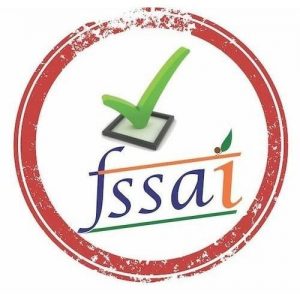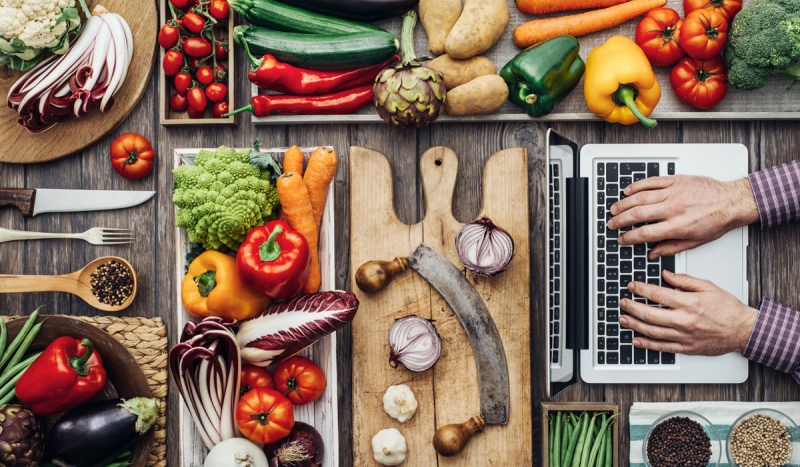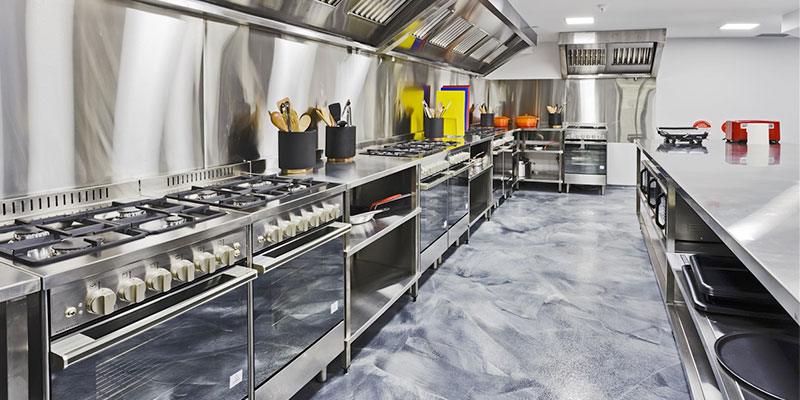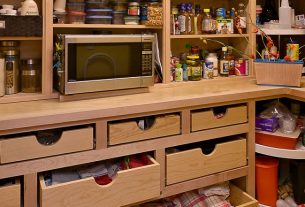Common Guidelines Of FSSAI For Restaurants
To run a restaurant or any food-based business, you have to apply for the FSSAI license. Food safety and standards authority is an independent body of the Ministry of Health and Welfare. There are specific requirements to be satisfied for procuring this FSSAI license for your restaurant. You must follow specific guideline when applying for FSSAI registration of your restaurant. Here you would know about the list of guidelines to be followed by restaurants and the use of right kitchen appliances for procuring FSSAI license.
FSSAI Requirements For Restaurants
It is not easy to run a restaurant without following the guideline of FSSAI. It is similar to a license to your restaurant business. To run restaurants legally without any issues, make sure that you satisfy the following FSSAI guidelines.
General Requirements: Some of the standard requirements are displaying the certificates and license in your restaurant. Precise knowledge about the food handling methods is required, and it must be monitored regularly. Display food safety messages in your restaurant as proof that you’re running an FSSAI complaint restaurant.

Raw Material: It is essential that restaurants must procure raw materials from trustable dealers. The raw material for restaurants should be thoroughly checked for contamination, foul smell, and deterioration of food. Make sure that you have adequate storage option for the raw material purchased. Store the raw materials safely so that it does not get contaminated or get spoiled due to extreme temperature. The raw material procured should be used based on specific strategies like First In first out, First Manufactured First Out, First Expired first out, etc.
Safe Water: It is mandatory for all restaurants to offer safe drinking water and to make use of contaminated free water for cooking. Make sure that the water is stored in closed containers. Thus it would be free from contamination. The containers used for storing water should be cleaned and dried regularly.
Special Guidelines: Food products that contain allergens like milk, egg, fish, nuts, etc. must be informed with the display of ingredients. The cooked food items must be stored in the right way so that it does not get spoiled. Certain foods like a sandwich, salads, etc. should be prepared fresh and must not be stored.
Food Processing: Proper food processing and preparation technique should be followed. This prevents the contamination of food during the preparation process. Always store vegetarian and non-vegetarian raw materials separately to avoid the contamination of food. Ensure that the raw and cooked foods are stored separately, and they are not in direct contact. The place where the food is processed or prepared must be clean and hygienic. When making use of frozen raw materials, make sure it is thawed properly. Do not re-use cooking oil during the cooking process. Monitor fermented foods carefully as there is a chance of growth of pathogens.
Vegetables and fruits must be appropriately processed before it is used for cooking. Wash the fruits and vegetable in clean water, and it must be disinfected with 50ppm chlorinated water. Cut fruits and vegetables should be stored in a refrigerator.

Meat should be stored and processed in the right manner to avoid contamination of other food. When dealing with different kinds of meat, make sure that your hands are adequately cleaned. The areas in contact with meat should be clean.
Transportation And Storage: The vehicle used to carry the raw material or cooked food must be clean. To prevent the food from getting spoiled, make sure to keep the transport time minimum. During the transportation of raw material or cooked food, make sure that you maintain a constant temperature inside the vehicle. Always transport veg and non-veg foods in separate racks.
Hygiene: The hygiene and cleanliness of people who work in your restaurant are essential. They should wear appropriate clothing when dealing with food. Monitor whether the food handlers wash their hands regularly and is provided with a clean supply of water. They should wear hairnets and gloves when processing food items.
FSSAI Guidelines On Kitchen Equipments

There are specific FSSAI guidelines for restaurants related to the use of kitchen equipment. There are various equipment that must be installed for sure in a restaurant. Check Out – the points that a food business operator must know about the FSSAI guidelines on utensils and kitchen containers.
- A chimney is kitchen equipment which keeps the kitchen smoke free.
- Fire extinguishers and smoke detectors should be placed in the right place to prevent fire accidents.
The above lists the general guidelines to be followed for procuring an FSSAI license.




